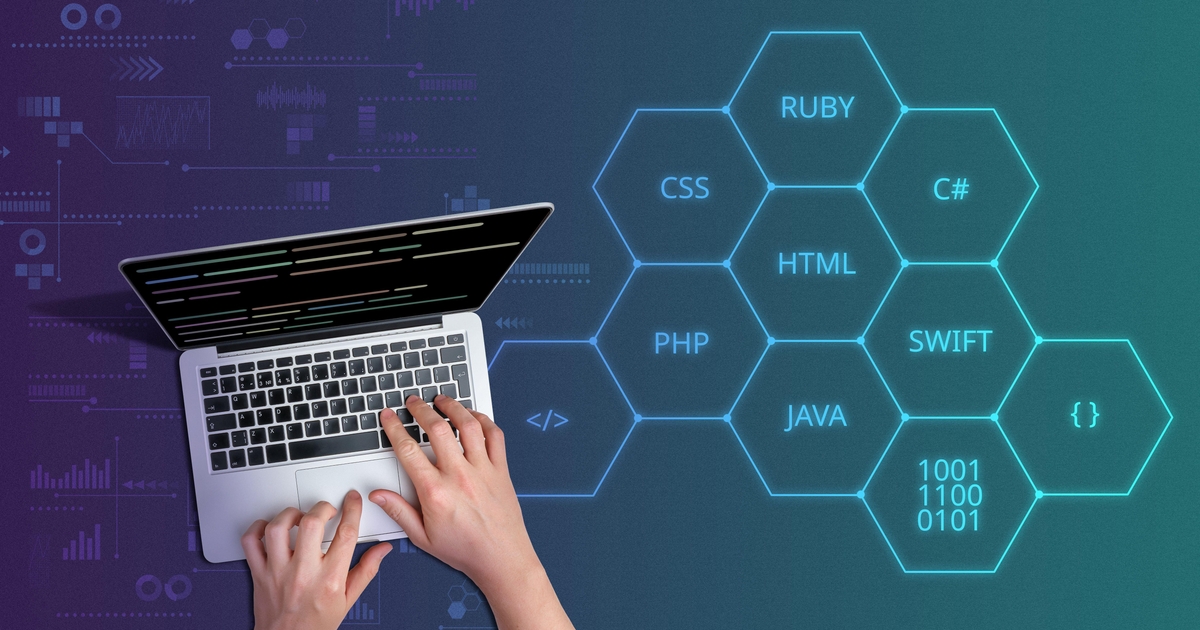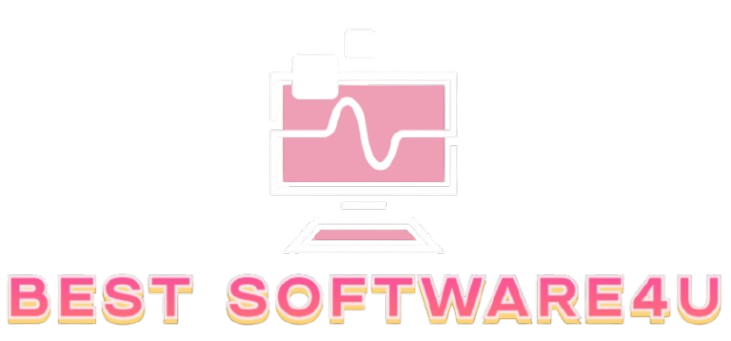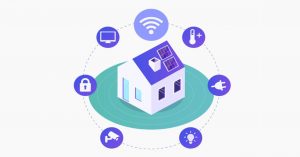Mastering Programming Languages: Tips for Learning Code Efficiently

Learning programming languages is a useful ability that offers doors to interesting employment possibilities and creative projects. Learning to code, meanwhile, can seem intimidating—especially for novices. Using effective Programming Languages learning techniques can help you to lay a strong basis and quicken your development.
Start with the Right Language
Beginning your coding adventure requires careful selection of a programming language. Because of their simplicity and many uses, beginners usually find languages like Python or JavaScript perfect. If you have a specific purpose, say data analysis or web development, choose a language fit for your needs. This concentration guarantees that you stay driven and see early on useful consequences.
Break Down Complex Concepts
Programming teaches difficult ideas, including syntax, data structures, and algorithms. Divide these ideas into tiny, reasonable chunks to prevent getting overburdened. For example, concentrate first on comprehending variables, loops, and conditional expressions rather than learning a whole language at once. Advance on this knowledge bit by bit to handle more complex subjects.

Practice, Practice, Practice
Mastery in programming depends on regular practice. Even if it’s only a tiny bit, write code every day. Start with easy tasks and then work on projects that push your intellectual ability. Excellent tools for practical learning abound on sites.
Learn by Doing
It is not enough theoretical knowledge to make one a competent coder. Put your knowledge to use creating projects you enjoy. Whether it’s building a personal website, designing a mobile app, or automating chores, actual experience supports your knowledge and improves memory retention.
Debugging is Learning
While learning to code, mistakes are unavoidable; they also provide priceless teaching moments. Debugging helps you to understand how several parts of your code interact and to think critically. Accept mistakes as inevitable aspects of learning; use debugging tools to hone your ability to solve problems.
Stay Curious and Updated
Technologies and languages for programming change quickly. Keep learning by using fresh tools, approaches, and frameworks; stay interested. To maintain your skills as current and relevant, follow industry blogs, go to webinars, and enroll in online courses.
Learning Programming Languages calls for commitment, repetition, and an openness to face difficulties. Starting with the correct language, practicing regularly, and using what you learn through projects can help you to lay a good basis in coding. Remain inquisitive, ask for assistance when needed, and keep in mind that every coding mistake advances one toward mastery. These techniques will help you to be on your way to acquiring professional programming skills.







